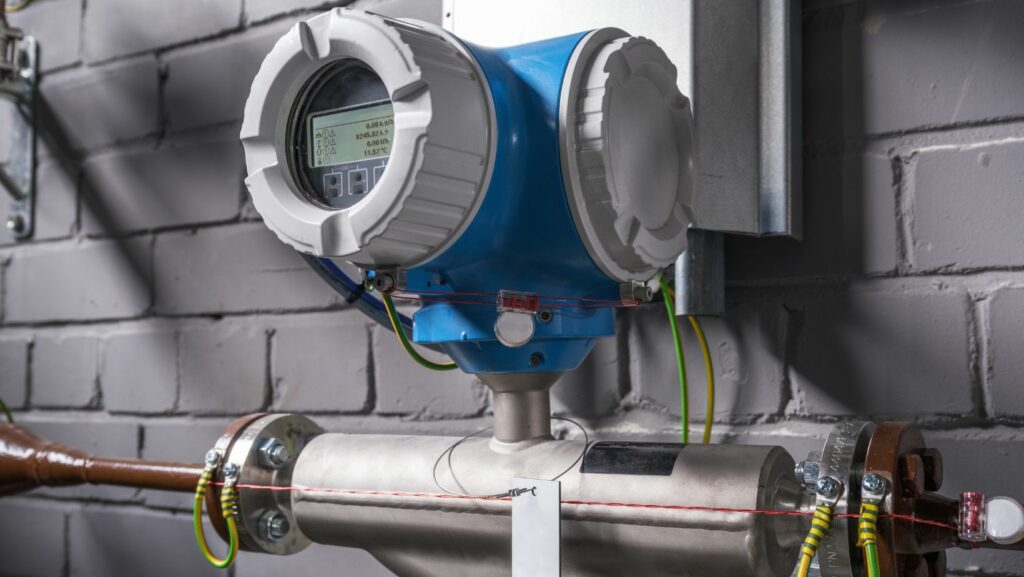10 Water Flow Meters: Reliable Solutions for Accurate Measurement

Water flow meters are essential devices used to measure the amount of water passing through a pipe or system. They are crucial for various applications, including industrial processes, water treatment plants, agriculture, and residential use. Choosing the right water flow meter ensures accurate measurement, which is vital for efficiency and cost management. Here, we explore the top 10 water flow meters renowned for their reliability and precision.
1. Electromagnetic Flow Meters
Electromagnetic flow meters use Faraday’s law of electromagnetic induction to measure the flow of conductive liquids like water. They are highly accurate and can handle large flow rates, making them suitable for industrial applications. These meters do not obstruct flow, making them ideal for applications where minimal pressure drop is crucial.
2. Ultrasonic Flow Meters
Ultrasonic flow meters use sound waves to measure the velocity of water flow. They are non-intrusive, meaning they clamp onto the outside of pipes without disrupting flow. Ultrasonic meters are suitable for various pipe sizes and can measure both clean and dirty liquids accurately.
3. Turbine Flow Meters
Turbine flow meters use a rotating turbine wheel to measure the velocity of water passing through a pipe. They are precise and can handle both low and high flow rates. Turbine meters are commonly used in industrial and commercial applications where high accuracy and reliability are essential.
4. Positive Displacement Flow Meters
Positive displacement flow meters measure water flow by capturing and counting precise volumes of water passing through the meter. They are highly accurate across a wide range of flow rates and are often used in residential and small-scale industrial applications.
5. Vortex Flow Meters
Vortex flow meters measure water flow by detecting the frequency of vortices shed from a bluff body in the flow stream. They are suitable for measuring clean liquids and offer high accuracy and reliability in various industrial applications.
6. Differential Pressure Flow Meters
Differential pressure flow meters measure flow by creating a pressure drop across a constriction in the pipe and correlating it with the flow rate.

They are versatile and can measure flow in both liquid and gas applications, including water.
7. Magnetic Flow Meters
Magnetic flow meters, also known as magmeters, use a magnetic field and electrodes to measure the flow of conductive liquids such as water. They are highly accurate and can handle corrosive and abrasive liquids, making them suitable for challenging industrial environments.
8. Insertion Flow Meters
Insertion flow meters are inserted into the pipe wall to measure water flow. They are cost-effective for large pipes and are used in applications where installing a full-bore meter is impractical or expensive.
9. Variable Area Flow Meters (Rotameters)
Variable area flow meters, or rotameters, use a float inside a tapered tube to measure water flow.

They are simple, reliable, and cost-effective for measuring low to medium flow rates in various applications.
10. Coriolis Mass Flow Meters
Coriolis mass flow meters measure flow by analyzing the Coriolis force exerted on a vibrating tube as water flows through it. They provide accurate measurements of mass flow rate, density, and temperature and are used in precise industrial and laboratory applications.
Choosing the Right Flow Meter
When selecting a water flow meter, consider factors such as flow rate range, accuracy requirements, installation conditions, and the nature of the liquid being measured. To explore a variety of options that may meet these criteria, check out Bluebot’s selection of water flow meters, each designed to offer reliability and precision in different applications. Each type of flow meter has its advantages and limitations, so it’s essential to match the meter’s specifications with the application requirements to ensure reliable and accurate measurement.
Conclusion
Water flow meters play a crucial role in various industries and applications by providing accurate measurements of water flow rates. Whether for monitoring water consumption in households, optimizing processes in industries, or ensuring efficient irrigation in agriculture, choosing the right flow meter is essential. By understanding the different types of flow meters and their capabilities, users can make informed decisions to meet their specific measurement needs effectively.

 Gowthalamma: The Heartbeat of Tradition and CommunityV
Gowthalamma: The Heartbeat of Tradition and CommunityV  Ideas On How to Modernize Your Home
Ideas On How to Modernize Your Home  Hipofibrynogemi: What You Need to Know
Hipofibrynogemi: What You Need to Know